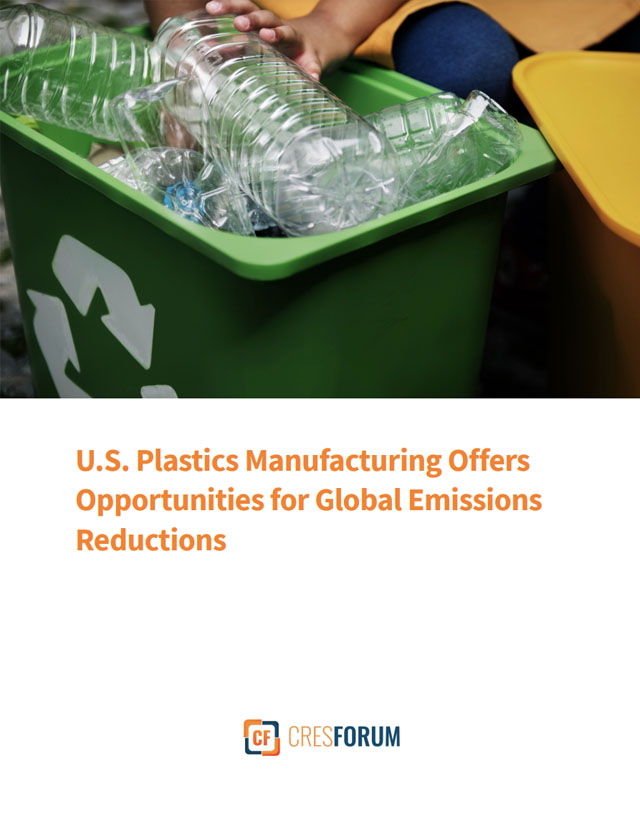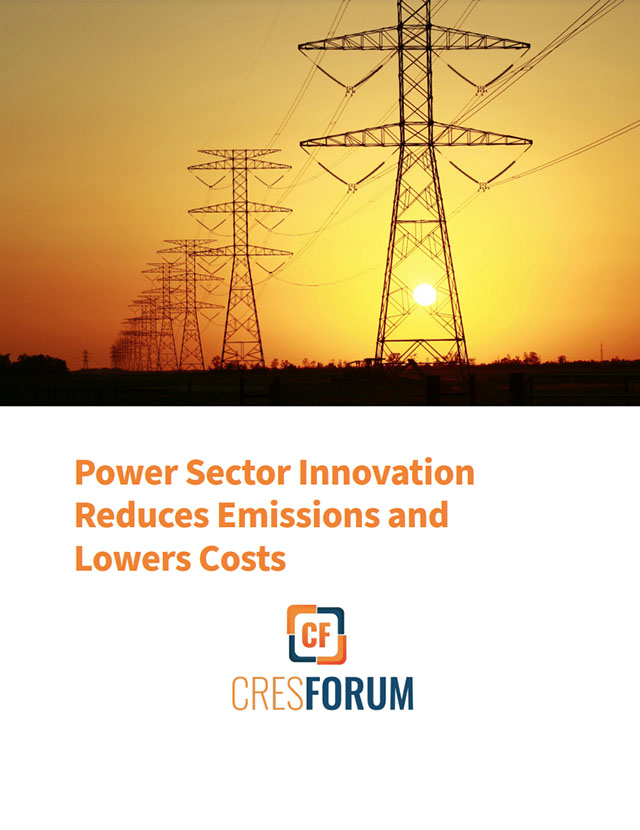Industrial Emissions
U.S. industry is at the forefront of deploying innovative technologies to reduce hard –to-abate emissions while securing strong domestic supply chains, creating American jobs, and contributing to local economies.
In July, CRES Forum held an expert panel discussion with remarks by U.S. Senator Kevin Cramer (R-N.D.) about combating the Chinese Communist Party’s (CCP) looming economic aggression by leveraging American manufacturing and trade policy. “China is a pacing threat, but it’s not all about hypersonic missiles, fighter jets, or submarines,” said Senator Cramer. “It’s about our economy and […]
ExxonMobil and Nucor recently announced a new partnership to capture, transport, and store 800,000 metric tons of CO2 per year from Nucor’s steel manufacturing plant in Louisiana. Nucor’s plant produces direct reduced iron, a raw material used to make high-quality steel products like cars and appliances. This agreement will not only support Louisiana’s objective of […]
Industrial emissions have been steadily on the rise and could soon exceed emissions in the power sector as it continues its successful decarbonization efforts. As demand for industrial commodities grows in developing nations, it matters where these goods are produced. In the U.S., manufactured products are 40% more carbon efficient than the world average. Therefore, […]
Citizens for Responsible Energy Solutions (CRES) Forum today released the fifth installment of CRES Forum’s white paper series: “U.S. Plastics Manufacturing Offers Opportunities for Global Emissions Reductionism,” authored by George David Banks, CRES Forum Policy Fellow. CRES Forum’s white paper series, “Understanding the Facts,” aims to lay out a foundation for conservative solutions to today’s […]

Key Findings The U.S. plastics industry is a major contributor to the American economy, supporting hundreds of thousands of jobs. American industry has been a global leader in plastics production, which reduces food waste and improves energy efficiency in transport, compared to substitutes that would be used to perform the same economic function. Global demand […]

This briefing paper is part of the Understanding the Facts Series that provide background information on why and how conservatives should lead on climate change policy. The issues and approaches are rooted in CRES Forum’s Conservative Climate Policy Directives, which were developed to help policymakers and the public better understand which policies can reduce emissions […]
As published on USA Today, Dec 28, 2020, by Charles Hernick. As we head into what is expected to be a divided government in 2021, many industry watchers say that Washington is unlikely to take meaningful action on climate change, and that Congress would be wise to concentrate on low-hanging fruit. Republicans, focused on a more resilient post-pandemic economy, […]
As published in Real Clear Energy on August 15, 2018. U.S. fuel efficiency and emissions standards were first crafted in the 1970s in response to an energy and oil crisis. While the standards have become more stringent over time and reduced air pollution nationwide, they’ve also become increasingly complex to the point where they may […]